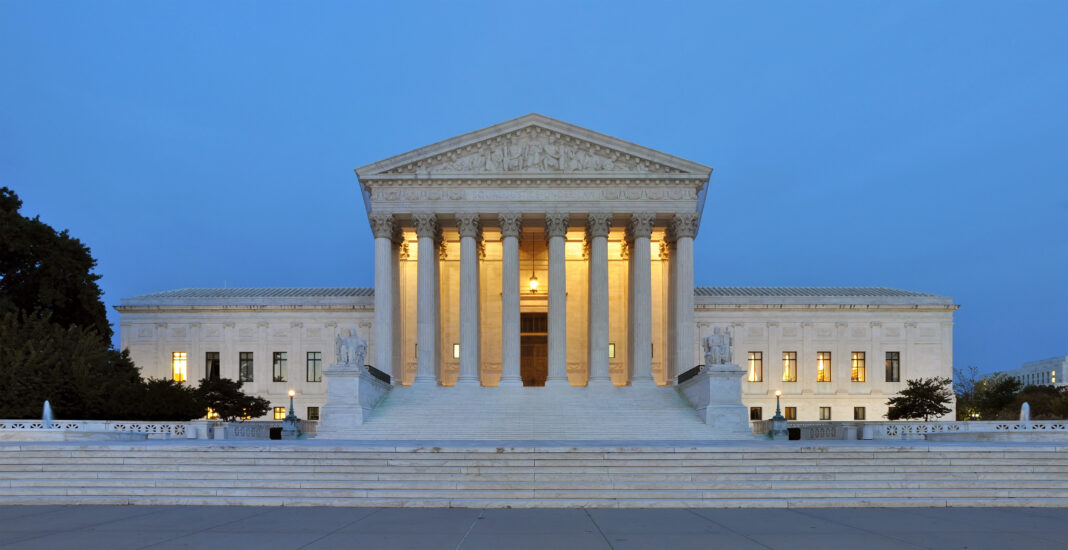The US Supreme Court heard Tuesday from a California man challenging a $23,000 traffic impact fee levied in exchange for a building permit. Placerville, California resident George Sheetz challenged a decision from El Dorado County under the US Constitution’s —specifically a provision known as the . The dispute between Sheetz and El Dorado County from the county’s refusal to issue a permit for Sheetz to build a manufactured home on his property without first paying a $23,000 traffic impact fee to maintain roads in the area and mitigate the developments potential effect on them.
Sheetz paid the fee in protest to continue building but also filed a lawsuit calling the fee a violation of the Takings Clause, which restricts the taking of private property for public use “without just compensation. ” Under decisions in and , the court required scrutiny of permit conditions to ensure they did not run afoul of the Constitution. In , the court created an “essential nexus” test, which required there be an “essential nexus between a legitimate state interest and the permit condition imposed by the government.
” In the court ruled that requirements must be “roughly proportional” to the impact of the development. The lower court in the case had that the aforementioned tests only applied to instances where the government singled out individuals for the conditions and not for fees that were legislatively mandated like the fee in Sheetz’s case. Sheetz’s attorney argued that precedent demanded that “all permit exactions should be subject to heightened scrutiny,” calling an exception for generally applicable fees a “perversion” of and .
Counsel for the county countered that an expansion of and would have “dire consequences for land use planning,” destroy local government’s “ability to fund capital-intensive infrastructure necessary to serve new development,” and bring development to a “grinding halt. ” They therefore cautioned the court against that. The high court seemed to have little consensus over the case.
During arguments, the justices expressed differing opinions on what the actual issue was before the court. Some focused on the lower court’s premises for the decision and others on the level of scrutiny that would be applied to cases like Sheetz’s. The outcome of the case could have widespread consequences on how states conduct permitting and other land use management.
It may potentially remove barriers to development or eliminating a reliable source of funds for basic government infrastructure. A ruling is not expected until the end of the term. Standard Oil incorporated On January 10, 1870, John Davison Rockefeller incorporated Standard Oil.
Rockefeller’s corporation would grow to achieve a virtual monopoly over oil production in the United States. Standard Oil’s dominance lasted until the corporation was split into 34 separate companies in 1911 after the Supreme Court found the company’s in violation of the . The rise of Standard Oil made Rockefeller America’s first billionaire and eventually the richest man in the world.
Read the text of . League of Nations established On January 10, 1920, the League of Nations was formally established as the Treaty of Versailles entered into force. Review the and a full .
.
From: jurist
URL: https://www.jurist.org/news/2024/01/us-supreme-court-hears-oral-arguments-in-california-case-challenging-building-permit-fees/



